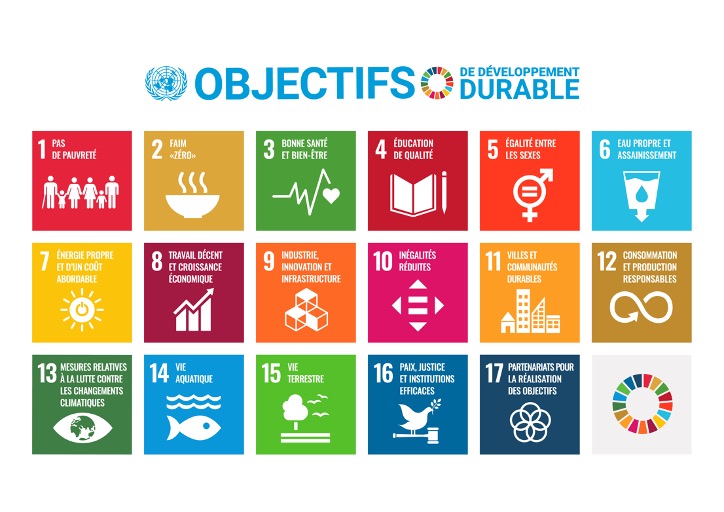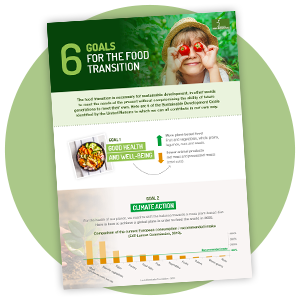For this year’s European Sustainable Development Week, we suggest concrete solutions for everyday action! Every little effort counts. Together we can transform our society… On your marks, get set, go!
Every year, Sustainable Development Week aims to encourage action and to give visibility to activities that promote sustainable development and its objectives across Europe. This year, the core events take place from 20-26 September.
What is sustainable development?
Sustainable development aims to shape society in such a way as to ensure its long-term survival. It takes into account current and future challenges and is based on three pillars: economic, social and environmental, so that development is not only sustainable, but also liveable, viable and fair.
With the escalating ecological crisis and its consequences, as the latest IPCC report reminds us once again, sustainable development has become critical. The last few months have brought home the scale of climate emergency. Extreme weather events are now affecting every part of the globe: some regions are suffering extreme heat waves; others are facing devastating storms.
Environmental, economic and societal challenges depend greatly on our actions towards sustainable development. Poverty, hunger, access to drinking water, depletion of resources, and inequality are just a few examples. The United Nations has identified 17 Sustainable Development Goals to meet these challenges by 2030.
Do you have any questions about sustainable development? Are you wondering how the food transition can help? This interactive e-book answers your questions and provides a global overview. What role can the food transition play? What are the UN’s Sustainable Development Goals? Why is it urgent to raise awareness across generations? Click on the visuals and links to find out more!
Ecology is within our grasp
Each global transition goal aims to end poverty by combining strategies that expand economic growth and address social needs such as education, health and social protection, while combating climate change and preserving ecosystems.
We need to find international solutions to these global challenges and take action in each country. However, each of us can already make a difference and introduce ecology into our daily lives in order to protect the climate, the planet and its resources. This begins with the food transition. But while the need for an ecological transition is widely acknowledged, it is less clear how we can integrate the food transition into our daily lives, as a recent European study shows. The study reports that we are prepared to change the way we eat, but that we are held back by obstacles such as price, lack of knowledge and unclear information.
We can make a difference to sustainable development through the food transition! To guide you, we have selected six goals. Click on the links for information on each goal:
- Good health and well-being
- Climate action
- Sustainable consumption and production
- Zero hunger
- Protecting life underwater
- Protecting life on land
The ecological transition can be applied to every sector of our lives: public services, education, town planning, transport, consumption habits (food, objects or digital). Check out the tips to change your daily life, and let’s act together!



 Celery
Celery  Bell pepper
Bell pepper  Vegetable garden: growing rocket
Vegetable garden: growing rocket 












